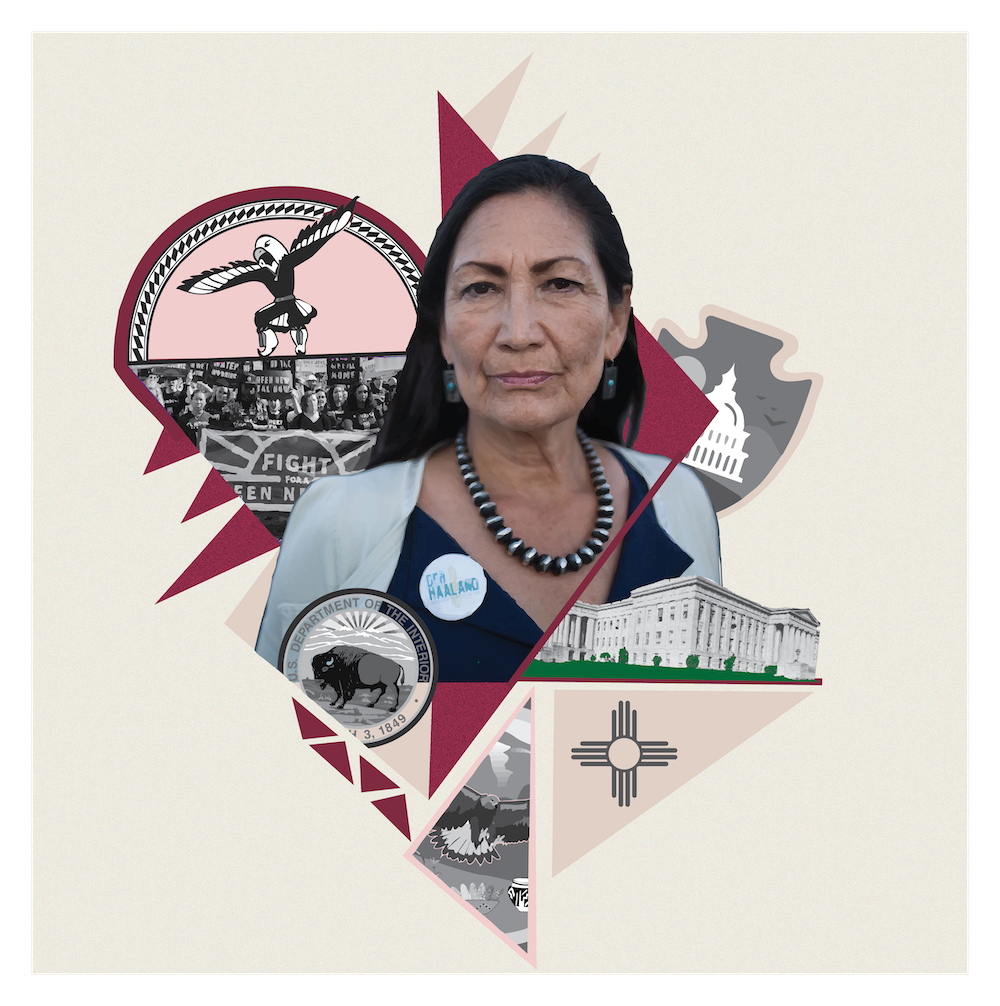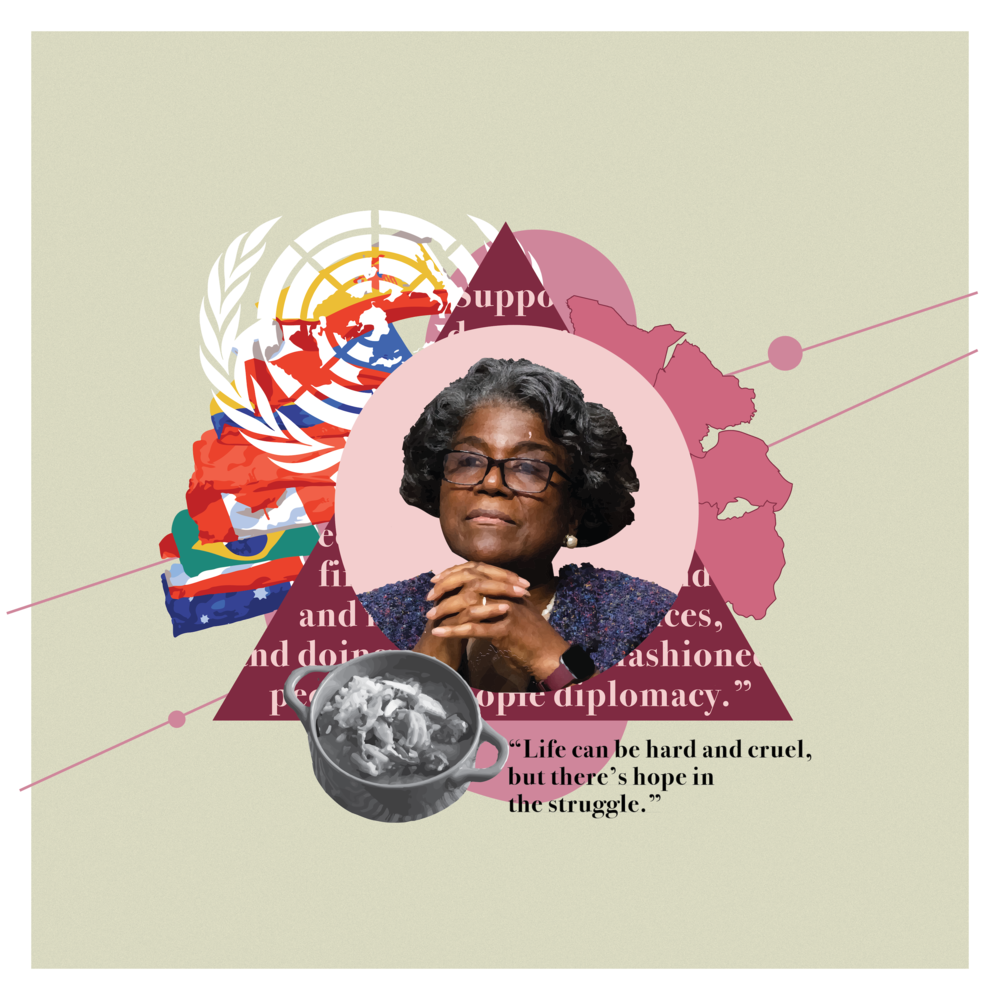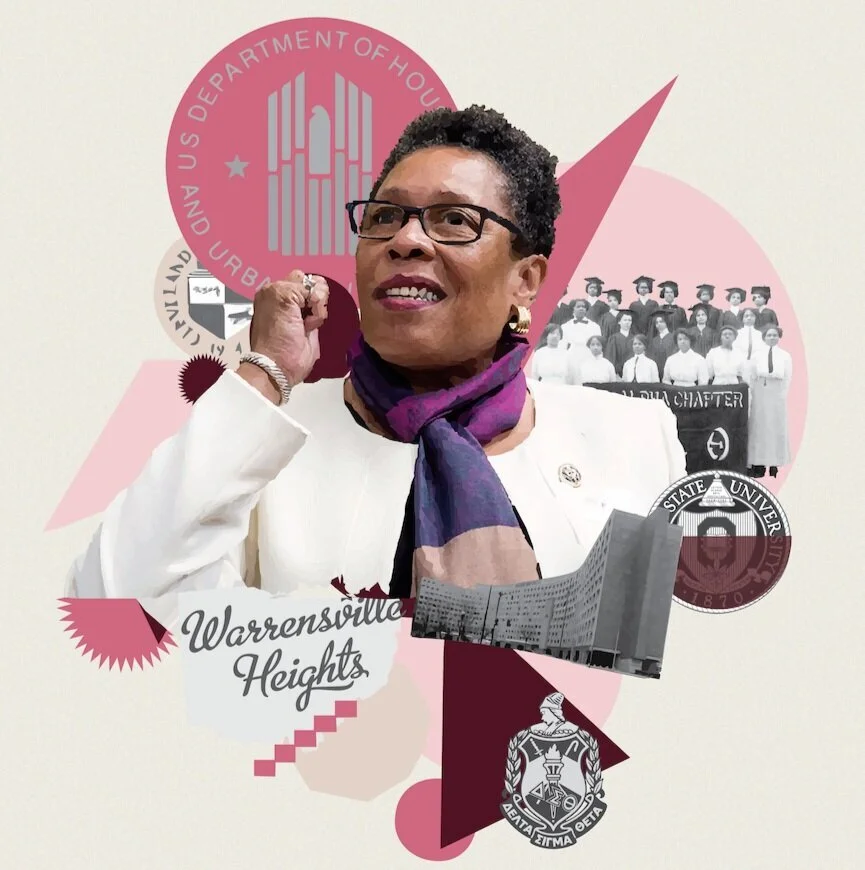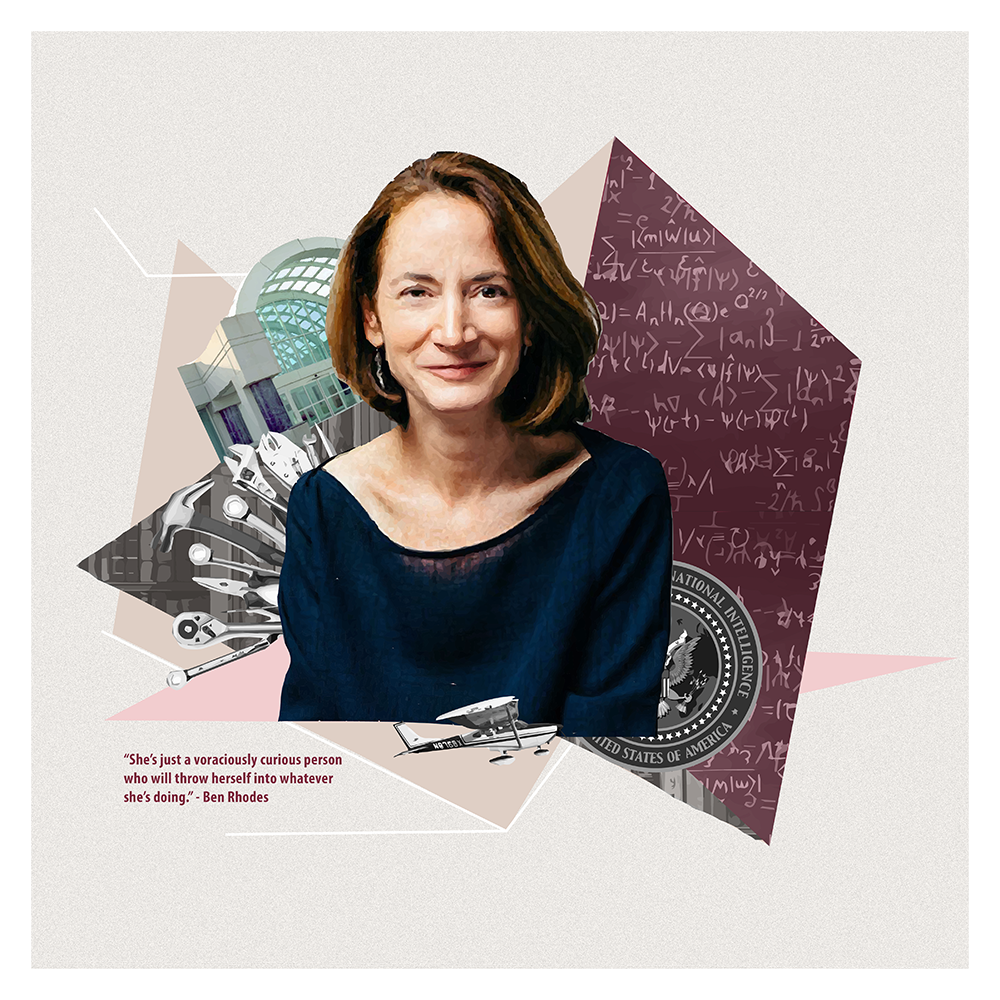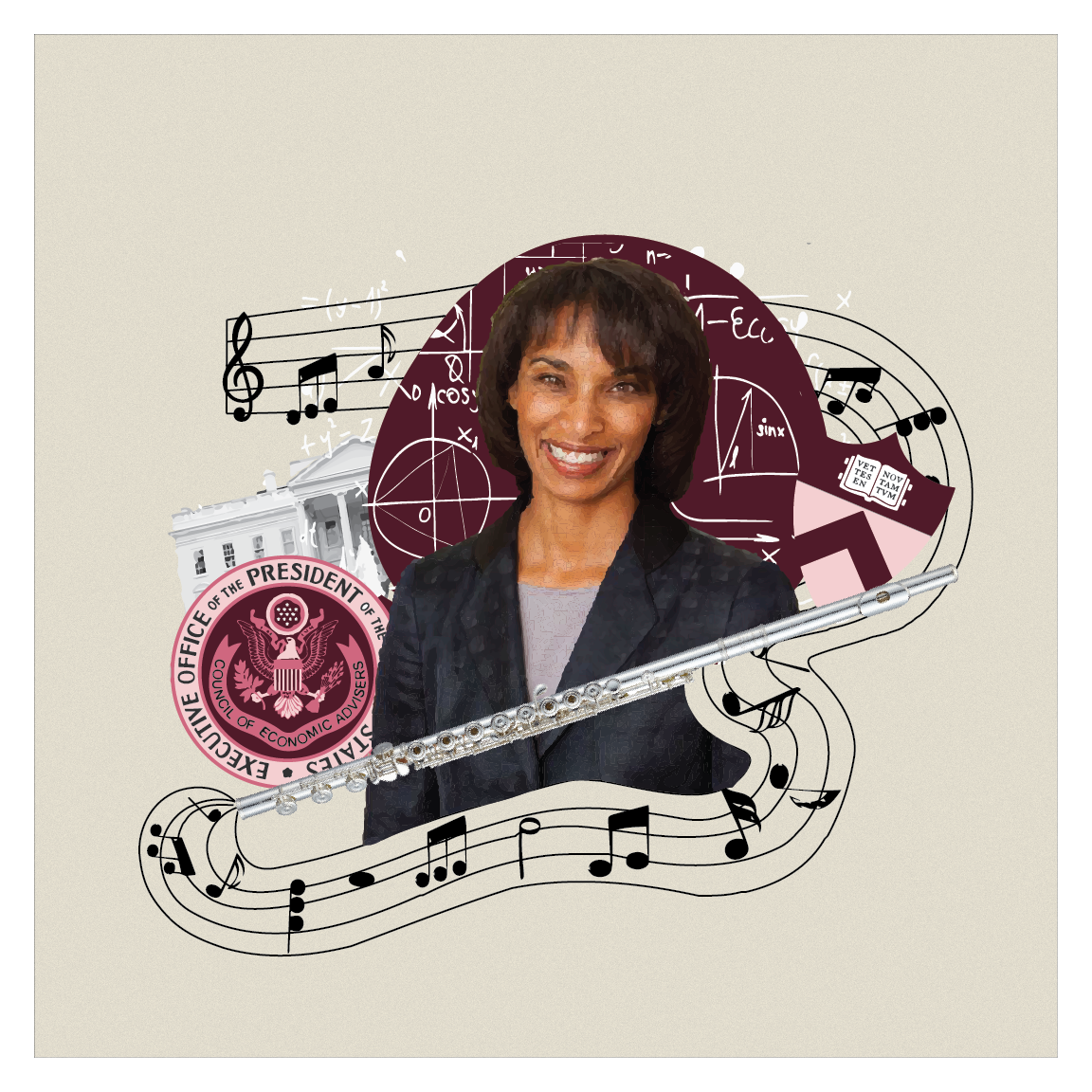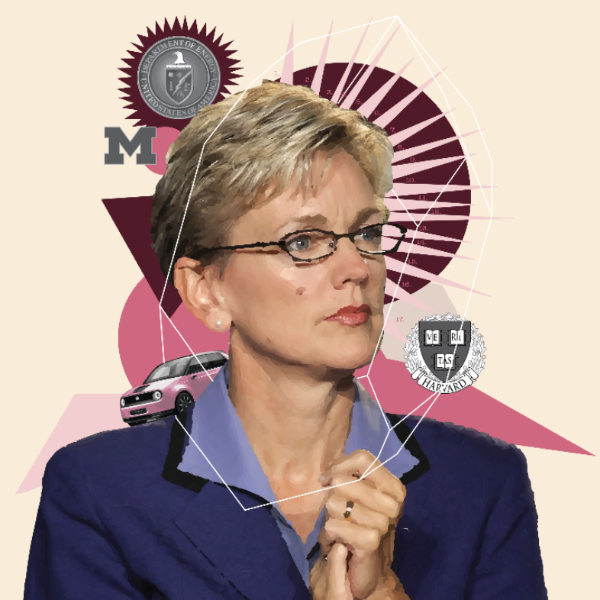Al Gore on stage at TED last week (photo courtesy of TED)
Many people who go to the TED conference describe one of the the after effects as a "TEDache." After five days of listening to smart people talking about important ideas and innovations—from synchronized flying drones to a collective virtual reality experience to Al Gore’s rousing climate change update—your head can begin to ache from all the input. By the end of the last standing ovation (and there were many this year), it’s even hard to remember your favorite TEDTalk or best TED community moment. But I always leave TED feeling overwhelming gratitude for the speakers, who work so hard to deliver worthwhile, memorable talks, and for the TED team, who never fail to deliver ideas worth spreading.
One such idea was the TEDWomen conference, which emerged as an "after effect" of a conversation that started at TED 2009.
Some of us had noted that there were very few women giving TEDTalks, that year, and when I mentioned it to the women leaders at TED at that time—June Cohen, Ronda Carnegie, Lara Stein—they suggested that I recommend women for future TED conferences, both to speak and to attend. Over the next few months, as I made suggestions to the team, June and I began to brainstorm about curating an entire conference of TEDTalks by women; when we talked with Chris Anderson, TED’s chief curator, about the idea of a TEDWomen—a standalone TED conference that would feature TEDTalks mostly by women—he agreed it was something we should all pursue.
The first TEDWomen
We set a date of December 1st; chose Washington, DC as the first location; and TEDWomen2010 opened registration, with "WHY TEDWomen?" as the theme. The answer came quickly, as more than 1000 people registered to attend, selling out the theater at the International Trade Center. Some attendees were already TEDsters, and many more were attending their first TED conference. That year, speakers—mostly women and yes, a few good men, too—delivered more than 70 talks. What an opportunity to bring new people to TED, and new speakers to the TED stage.
Surprisingly and importantly in terms of new communities, more than 100 TEDx organizers, those innovative individuals who produce their own independent TED conferences around the world, choose to convene TEDxWomen conferences in their communities. From Saudi Arabia to Singapore, Beijing to Bogota, women and men in nearly 100 countries watched the live stream from Washington and curated their own speakers, too.
Skeptics worried that we might be creating a "ghetto" for women who deserved to be included at the "big" TED, but soon many of the talks from TEDWomen made their way to TED.com, where they reached billions of people worldwide; what's more, many more women begin to apply to go to TED, and, happily, more women begin to appear on the TED stage, too. It was a win/win, with new opportunities for ideas to be shared through the unparalleled reach and impact of TED.com and more of those ideas coming from inventors, innovators, scientists, artists and activists, world leaders and writers…who just happened to be women.
Sheryl Sandberg speaking at the first TEDWomen in 2010
Sheryl Sandberg’s talk at TEDWomen 2010, Why We Have Too Few Women Leaders, led to a bestselling book and “Lean In” movement, and Tony Porter’s work with men went global. We heard TEDTalks from Hillary Clinton and from Ugandan farmer Annet Namayanj, who invented a new species of bean; witnessed Lemeria Jacklyne Mantaine's reconciliation with her father, Maasai tribesman Lepere Lemeria Ole; and learned from rocket scientists and robotics engineers. We saw "duets" of women and men working/living together and talking on stage together, and many more well-prepared speakers, sharing stories and ideas.
With the encouragement of the TED team, TEDWomen continued. For two years we produced the event as TEDxWomen, and then in 2014, we resumed a full-fledged partnership with TED, and convened TEDWomen in San Francisco. In 2015, we went back to where TED started many years ago, Monterey, and TEDWomen 2016 will return to San Francisco at the Yerba Buena Center, from October 26-28.
My husband, Scott Seydel, and I, speaking with Teri Schwartz, dean of the UCLA School of Theater, Film and Television, last week at TED (photo courtesy of TED)
When I met with TEDxWomen organizers and past TEDWomen attendees last week at TED 2016 in Vancouver, our goal was to identify this year's theme, building on some brainstorming we'd been doing ahead of time and a number of suggestions we'd received. But one theme clearly emerged over and over as something very much on all our minds: TIME! We all have the same amount of it—24 hours in every day—but most of us never feel we have enough of it. And what are we doing with our time to address the world’s challenges, to be better parents and partners, to be fully present?
Isn’t it about time that we thought more deeply about these aspects of time? ...How we are spending it, using it, living it, saving it?
We’ll be adding a lot more about this theme and how it will develop when we open registration for TEDWomen in late March on TED.com. As seats are limited, do look out for the email from me about the date for registering. (If you don’t already receive the TEDWomen newsletter, I encourage you to sign up now.)
I’m past the "TEDache" now, and happily viewing the new TEDTalks as they roll out on TED.com. Special thanks for those who took the time at TED to join us for the TEDWomen planning session, and gratitude to Chris and the team for another great TED and for the opportunity to work together again to curate a worthwhile TEDWomen2016, October 26th-28th, San Francisco.
See you there -
Pat





